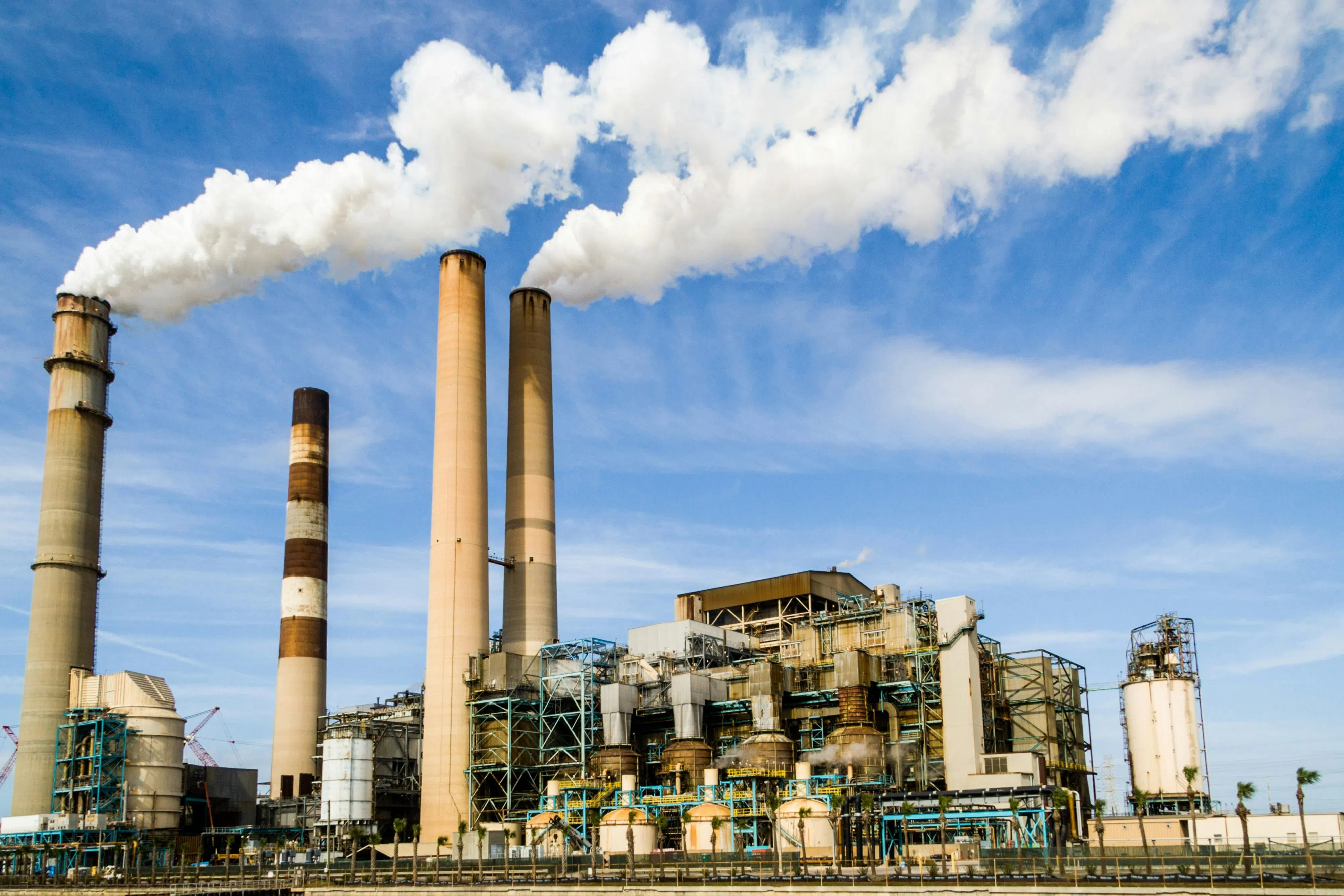
Factory emitting greenhouse gasses. (Source: Pixabay)
Trump has had a busy week of signing new executive orders, with concern from experts over policies of immigration and possible tariffs that could both severely impact Canadians’ lives. One often overlooked subject when it comes to Trump is his climate policies and the global and national impact they might cause. Trump has signed many orders including the withdrawal of the US from the Paris Climate Accords, removing restrictions on resource extraction from federal lands, and bypassing environmental regulations and checks, if businesses contribute a certain amount of money to the government in investments.
“I think that we are in a very critical situation in Canada,” says Gordon Mcbean.
McBean is a Canadian climatologist, former Assistant Deputy Director of Environment Canada, a participant in the signing of the UN’s Kyoto Protocol, and now a professor at Western University. He talked about how critical it was to have the right person on the job at this very moment, and how he believes Trump won’t be the right one to guide us through these actions and a leader for other countries to follow.
“We’re seeing a huge number of increases in the impacts of severe weather events. So we need to have positive action and I think this is going to be a difficult time.”
“Trump is, well quite frankly, just seen by many people, including certainly me, as being an incredibly terrible person to be elected president of a country like the United States.” says McBean
When talking about Trump’s withdrawal from the internationally recognized Paris Climate Accords for a second time, he was surprised at how Trump seemed to go against the consensus of other governments.
“I saw an increasing level of, you know…sense that we’ve got to do something about it by many countries.” says McBean.
The effect of these policies will not only impact Canada directly but may encourage or inspire our own leaders in government to change course. This is especially prevalent with Federal elections likely to kick off in the next few months. McBean thinks the winner could be a determining factor, to what direction Canada will guide its climate and environmental policies in the future.
“The polling data shows that the Conservative Party will probably get a majority government, and we’ve seen that before.” says McBean
“Canada basically cut off all of the research support for climate change, the action strategies, and Canada had signed and ratified the Cure Protocol, but were actually the only country in the world that by an Act of Parliament approved it in 2004.”
“And in 2011, when Harper just put a note in one of his budget statements saying, it’s too expensive to do this, we withdraw.” added McBean
Urgent climate and environmental action is necessary according to McBean, but it seems like the priority of the issues, and where they rank among voters will be a determining factor of where Canada will find itself leading into the future. It will be up to the public to pay close attention and vote accordingly.




